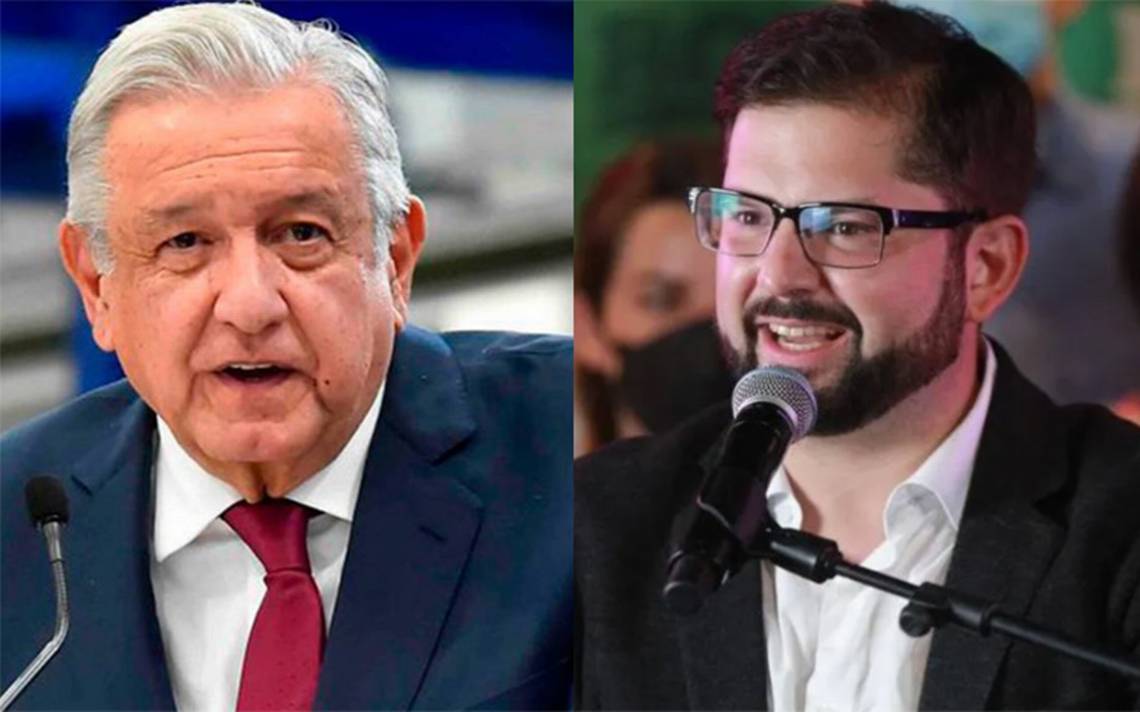The recent consecutive electoral victories of progressive parties in Latin America evoke memories of the leftist’s hegemony in the region at the beginning of the century. If the disastrous liberal policies of the 1990s led the spread of the first progressive wave, the same structural causes of hunger, inequality, and marginalization are at the bottom of the ongoing second one.
However, both waves have differences that are important to pinpoint to ensure a better understanding of the current political process Latin America is experiencing. Thus, it is critical to look at the forerunners of the countries involved in each of these waves. Whereas in the first one the leaders considered to be at the front-line were Hugo Chavez in Venezuela, Luz Ignacio Lula da Silva in Brazil, Nestor Kirchner in Argentina, Rafael Correa in Ecuador, and Evo Morales in Bolivia.
The second wave has been dominated by countries that never fell under the influence of the first, such as Andres Manuel Lopez Obrador in Mexico, Gabriel Boric in Chile, Jose Pedro Castillo in Peru, and Gustavo Petro in Colombia.
It is also worth mentioning that the first wave had its climax when the ex-bishop, Fernando Lugo, won the elections in Paraguay in 2008. However, the following year after a coup d’état ousted Manuel Zelaya from the Presidency in Honduras, the decline of the first wave started. This wave could be considered to have brought to a definite end after Dilma Rousseff’s impeachment in Brazil in the year 2016.
On the other hand, the second wave is an ongoing process that will actually be boosted if Lula da Silva regains Brazil’s Presidency, as all the opinion polls forecast in the coming elections of October 2022.
The main similarity of both waves of progressive governments is their aim to curb poverty and inequality through the intervention of a strong State in charge of redistributing the wealth which, historically, has been gathered in very a few very greedy hands. Furthermore, all the progressive governments applied inclusive policies and pleaded for a fair multi-ethnic society based on the support of the outcast majorities.
Additionally, both these governments’ waves have a common opposition to the U.S. intervention in their internal affairs, identifying the Monroe Doctrine, “America for the Americans”, as a new form of imperialism. Having said that, the actions taken by certain countries so far were actually firmer during the first wave. In fact, back then, Correa in Ecuador closed down the U.S. military base in the city of Manta while Venezuela and Bolivia ousted the DEA from their countries.
Nonetheless, the awareness of the importance of deepening the integration within the countries of the region varies in both waves. During the first wave numerous leaders envisioned projects to bypass the U.S.-controlled Organization of the American States and attempted to consolidate alternative integration organizations such as the Union of the South, the Bank of the South, or the Bolivarian Alliance for the Peoples of Our America.
After the decline of the first wave these projects stagnated or even disappeared. Notwithstanding this, the alternative regional integration organizations are not in yet on the list of priorities of the leaders of the second wave, who are mainly focused on their domestic agenda. Greater political instability and less economic resources could explain the lack of international ambitions and coordination among the countries of the region.
Lula da Silva’s tweet reads, “The world I want for Brazil is a world of abundance, peace, and hope, because nobody chooses poverty. Goodnight.”
Concerning the political discourse and specific actions, there has been a significant shift in the second wave as well. The new progressive governments do not claim to confront the capitalist system but rather the effects of the impoverishment and marginalization it produces.
Whereas the governments of the first wave put the emphasis on changing the free-market economy into a socialist system, somehow the new leftist governments have moved towards the center regarding the political spectrum, in what could be explained as a consequence of the global drift to the right followed in the Western democracies.
Hence, the new progressive governments’ moderation has enabled them to avoid direct confrontation with mass media and the establishment, or at least to a lesser extent than the governments of the first wave experienced it.
There is still a long way to go before the second wave of progressivism in Latin America can be accurately assessed, until then we can only wait and see if things develop in the right direction, because otherwise the future to come will be riddled with violence and misery. (https://www.telesurenglish.net/news/The-Two-Waves-of-Latin-American-Progressive-Governments-20220704-0008.html)



































